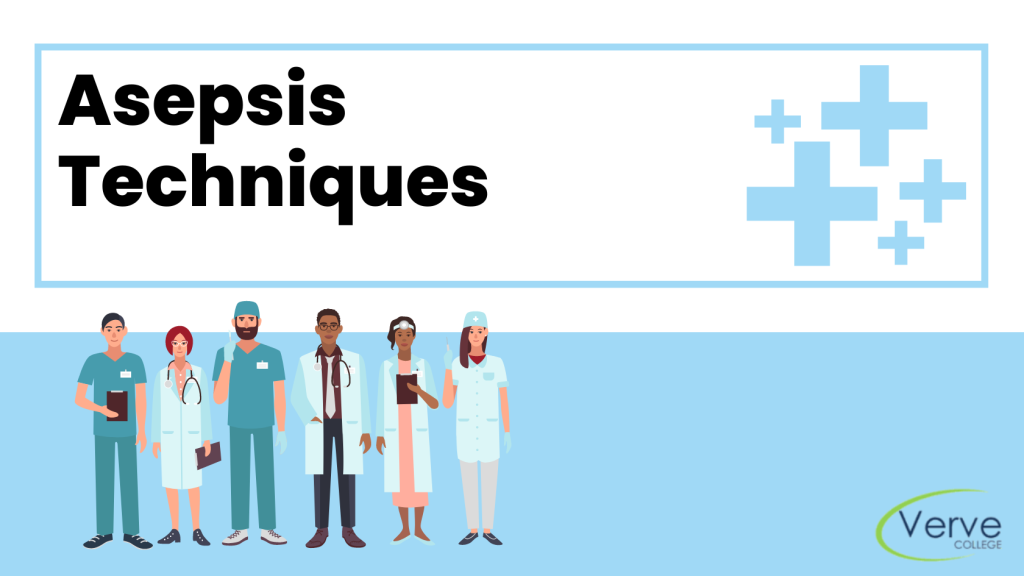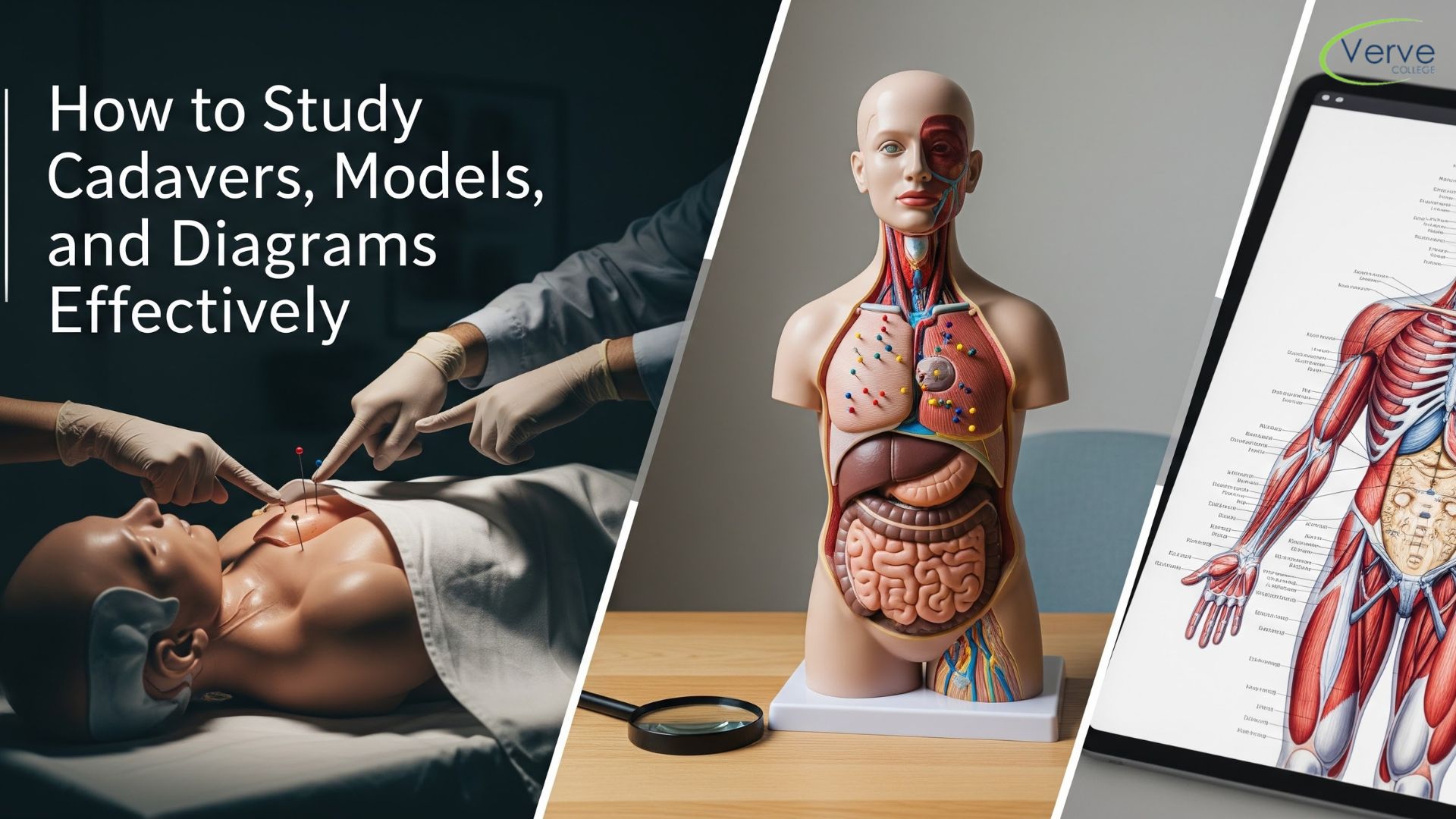- Oak Brook:(630) 705-9999
- Chicago:(312) 920-8822
- Email:inquiry@vervecollege.edu
- Make a Payment
- Home
- Programs
- Admission
- Resources
- ATI Entrance Exam Resources
- New E-Digital Library
- Refer a Friend
- School Newsletter
- Events
- Employers
- Job-Network
- Alpha Beta Kappa Candidates
- Verve College Library
- Graduation and Pinning Ceremony Photo Galleries
- Textbook Information
- Career Services
- Tutoring
- School Catalog
- FAQ
- Constitution Day Program
- Alumni
- Verve College Plans
- Financial Aid
- HEERF Reporting
- Satisfactory Academic Progress
- Apply For Financial Aid
- Net Price Calculator
- Return of Title IV Funds (R2T4)
- Financial Aid Office Code of Conduct
- Contact
- FAQs
- Verification Policy
- Vaccination Policy
- Student Right-to-Know Act
- Misrepresentation
- Information Security Program
- Academic Award Year
- Availability of Employee
- Cost of Attendance
- Health & Safety Exemption Requirement
- Students Rights and Responsibilities
- Leave of Absence
- Pell Formula
- Military Students
- Grants/ Scholarship Policy
- Contact Us
- Testimonials
- Blog
Is a Nursing Career Right For You?
Take The Free Quiz
Aseptic Technique in Healthcare: Protecting Patients from Infection
Aseptic Technique in Healthcare: Protecting Patients from Infection
In the rapidly-changing world of healthcare where every second is important and lives are in balance. One principle is important in fight against infection. Imagine a clean, sterile environment in which patients are free from harmful bacteria. This is the goal of an asepsis technique in a long-term care facility. What exactly does it mean and how can it turn clinical settings into shining beacons of security? Let’s look at the crucial role that asepsis plays in protecting lives. If you’re enrolled in one of the leading best nursing schools in Illinois to learn clinical experience it will help you to improve your abilities and increase the confidence of a potential healthcare professional.
What’s Asepsis Technique?
The Asepsis method is an essential procedure in healthcare that aims to prevent infections. This method helps to stop or decrease the spreading of infectious pathogens in the course of medical treatment.
The aseptic method is focused on maintaining the sterility of the environment. This means that you must be careful with equipment and other materials to reduce the chance of contamination.
Healthcare professionals use a variety of strategies within the framework. They ensure that the patient and the provider are shielded from infection.
The Types of Asepsis That Can Be Found: Surgical and Medical
Aseptic methods are essential for healthcare professionals, and they can be classified into two groups: Medical Asepsis, and Surgical Asepsis.
Medical asepsis focuses on decreasing the amount of pathogens. It involves methods like hand washing and the use of disinfectants to ensure a clean environment. This method is crucial for regular patient care, and helps to ensure that infections are not able to be spread in health care settings.
However surgical asepsis is a method to kill all microorganisms from the surfaces that are involved in the invasive procedure. This asepsis technique requires surgical procedures that could damage the skin’s elasticity. Thus, wearing proper clothes, gloves, and medical equipment is required elements to ensure safety.
These kinds of conditions help practical nurses who graduate from night And weekend LPN programs to take the appropriate precautions for particular situations. With a thorough understanding of surgical and medical asepsis, health professionals can greatly increase the safety of patients in various situations in the clinical setting.
The Repercussions of Insufficient Asepsis Technique
Inadequate aseptic methods can result in serious consequences in medical settings. One of the most negative outcomes is the increased risk of healthcare-associated infections (HAIs). These infections can result in longer hospital stays, greater medical costs, and an increase in mortality rates.
Read More:- A Day in Nursing Student’s Life in Private Nursing Schools
Patients who are undergoing the surgical procedure are especially sensitive. If the sterile protocol isn’t observed the risk of infection by viruses or bacteria could be introduced into the body during surgery or other aseptic procedures in healthcare facilities. This can not only affect the patients’s safety but can also cause healthcare systems to face other treatment issues.
Conclusion
Asepsis techniques are the foundation of infection prevention in the clinical setting. Its importance cannot be overstated, especially considering the ongoing challenges posed by healthcare-associated infections. Through the implementation of aseptic practices healthcare professionals can dramatically decrease the chance of infection and the spread of disease-causing pathogens.
From rigid hand washing protocols to the proper sterilization procedures for equipment is essential in the asepsis process, thus it is crucial to ensure the safety of patients. Wearing protective gear can further assist in creating a safer and healthier environment for health care professionals.
Want to Make a Career in Nursing? Get More Information About Our Courses!
Despite common misconceptions about asepsis, such as misinformation about its necessity or complexity, the reality is that a lack of knowledge results in serious consequences. The essence of asepsis will help to dispel these misconceptions and strengthen its vital significance in the aseptic field of medicine. This info comes from accredited LPN programs in which you can also enroll.
 Sign up
Sign up Login
Login




